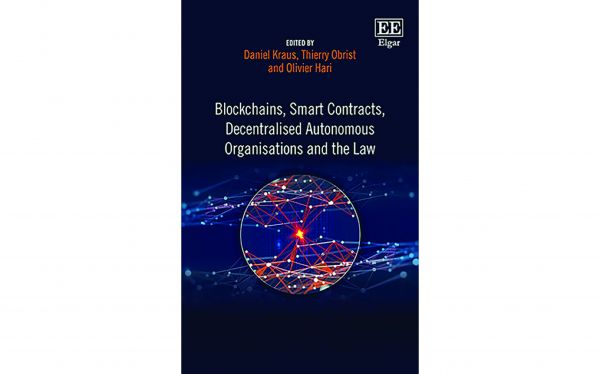
On 18 November 2019 the UK Jurisdiction Taskforce of the Law Delivery Panel delivered a 46-page legal statement concluding that:
- cryptoassets, including virtual currencies, can in principle be treated as property, and
- smart contracts are capable of satisfying the requirements of contracts in English law and are thus enforceable by the courts.
This followed the Law Commission’s statement, confirmed by the court in Neocleous v Rees [2019] EWHC 2462 (CH), that statutory requi rements for a signature can be met by electronic means.
Prompted by those significant legal development, practitioners are likely to be looking for reliable and up-to-date information on the relevant technologies and emerging business structures. Professor Daniel Kraus and a team of expert contributors have provided an excellent overview of the key issues, ranging from the practical and legal characteristics of blockchain to the major concerns









